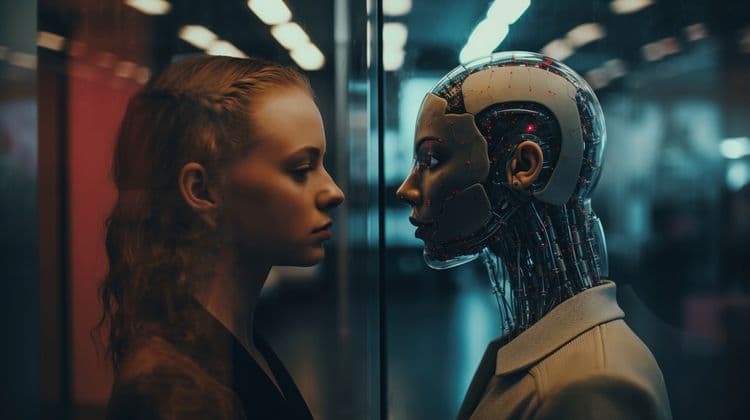Hollywood, June 2, 2024: Sony Pictures Entertainment announced plans to integrate artificial intelligence (AI) into the film process to make production more efficient.
According to Tony Vinciquerra, CEO of Sony Pictures, the company is “very focused on AI” and plans to use the technology in all areas of film production, from pre-production to post-production.
AI in film production: what are the benefits?
The use of AI in film production can benefit Sony in various ways:
- Increased efficiency: AI can automate tasks that are currently done by humans, such as analyzing footage, creating storyboards and generating special effects. This can save time and money.
- Improved decision making: AI can analyze large amounts of data to identify patterns and trends that can be helpful for decision making in the film process.
- New creative opportunities: AI can open up new creative possibilities, such as creating personalized film experiences or developing new narrative forms.
What are the challenges?
The use of AI in film production also poses some challenges:
- Cost: developing and implementing AI systems can be expensive.
- Acceptance: Employees in the film industry must familiarize themselves with the new technology and be prepared to work with it.
- Ethical issues: Ethical issues need to be addressed, such as ownership of AI-generated content and the potential impact of AI on creativity.
How Sony plans to use AI
Sony has not yet released specific details on how AI will be used in film production. However, it is likely that the company will use AI for a range of tasks, such as
- Analyzing scripts: AI can analyze scripts to identify potential problems, such as inconsistencies in plot or character development.
- Casting: AI can make casting suggestions by matching actors' faces and voices with role requirements.
- Filming: AI can help plan and optimize filming, for example by creating virtual sets and generating lighting and shadow effects.
- Post-production: AI can help with the post-production of films, e.g. through color correction, editing and the creation of special effects.
Conclusion
The use of AI in film production is still in its infancy, but has the potential to revolutionize the industry. Sony is one of the first major film studios to use AI on a large scale. It remains to be seen how this will affect the quality of films and the way filmmakers work.

